15 Things You Should Know About Ramadan
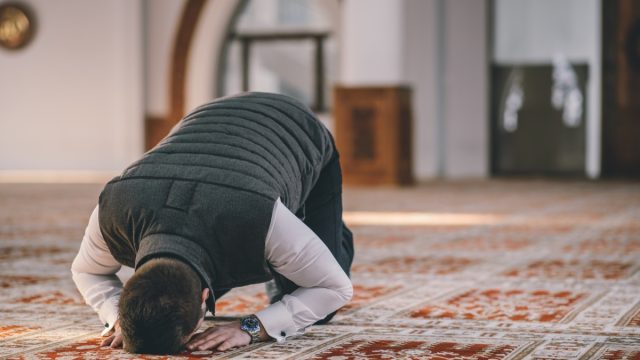
It’s that time of the year when the 1.8 billion Muslim people celebrating Ramadan around the globe are met with questions from inquiring minds unfamiliar with the holiday. Most often, it’s something like: “Wait, you don’t drink anything? Not even water?” But there are many more elements to this distinctly holy month than just fasting (though that’s certainly a big part of it).
For the 30 days that make up Ramadan, Muslims refrain from eating and drinking from sunrise to sunset and are encouraged to empathize with the less fortunate and increase their acts of worship. Considering 24 percent of the world’s population celebrates Ramadan, it’s time to get familiar with the holiday. So, without further ado, here are 15 things you should know about Ramadan, which runs from Apr. 23 to May 23 this year.
1
Ramadan is a fast from food, water, bad deeds, smoking, and more.
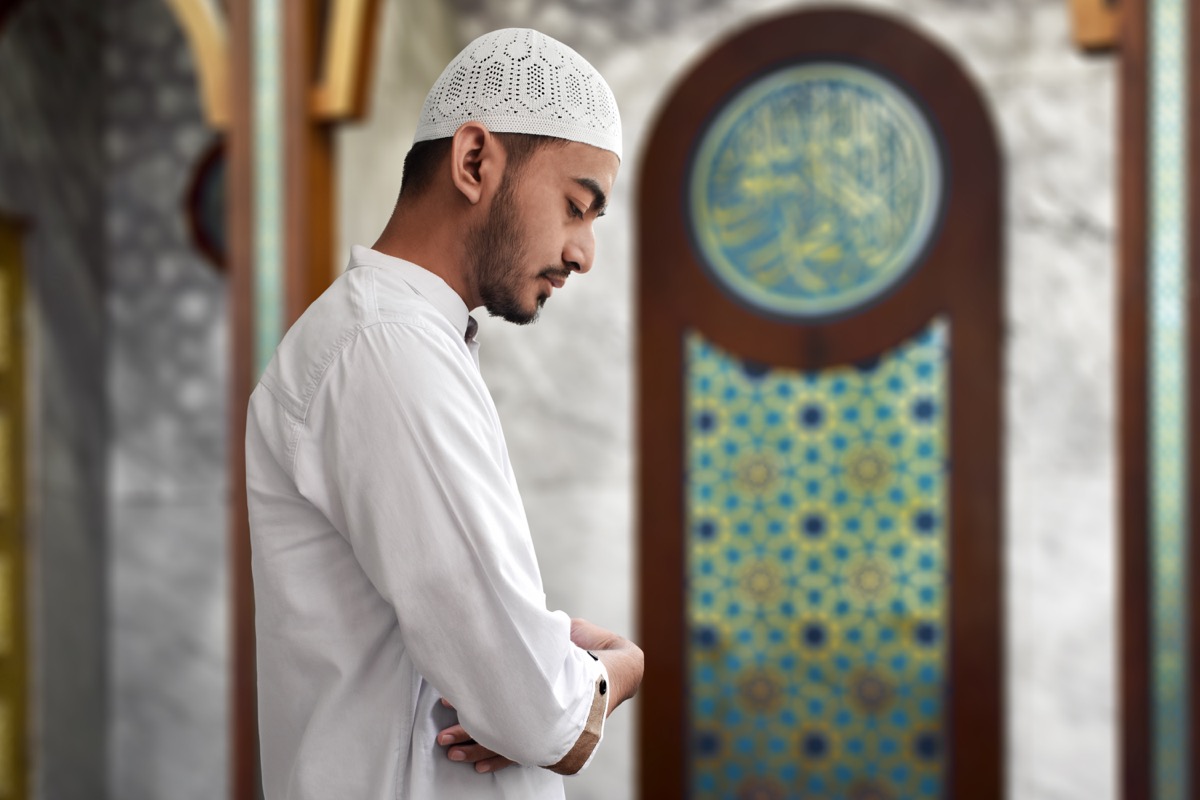
Ramadan is about encouraging pious behavior and devoting oneself to concentrated worship. That means excesses, like having sex and smoking, are discouraged. In fact, Muslims believe both the repercussions of sins and the value of good acts are multiplied during the holy days. And if you want to do a little good, check out 33 Little Acts of Kindness You Can Do That Are Totally Free.
2
You could be fasting for 11 hours or 20 hours, depending on where you live.
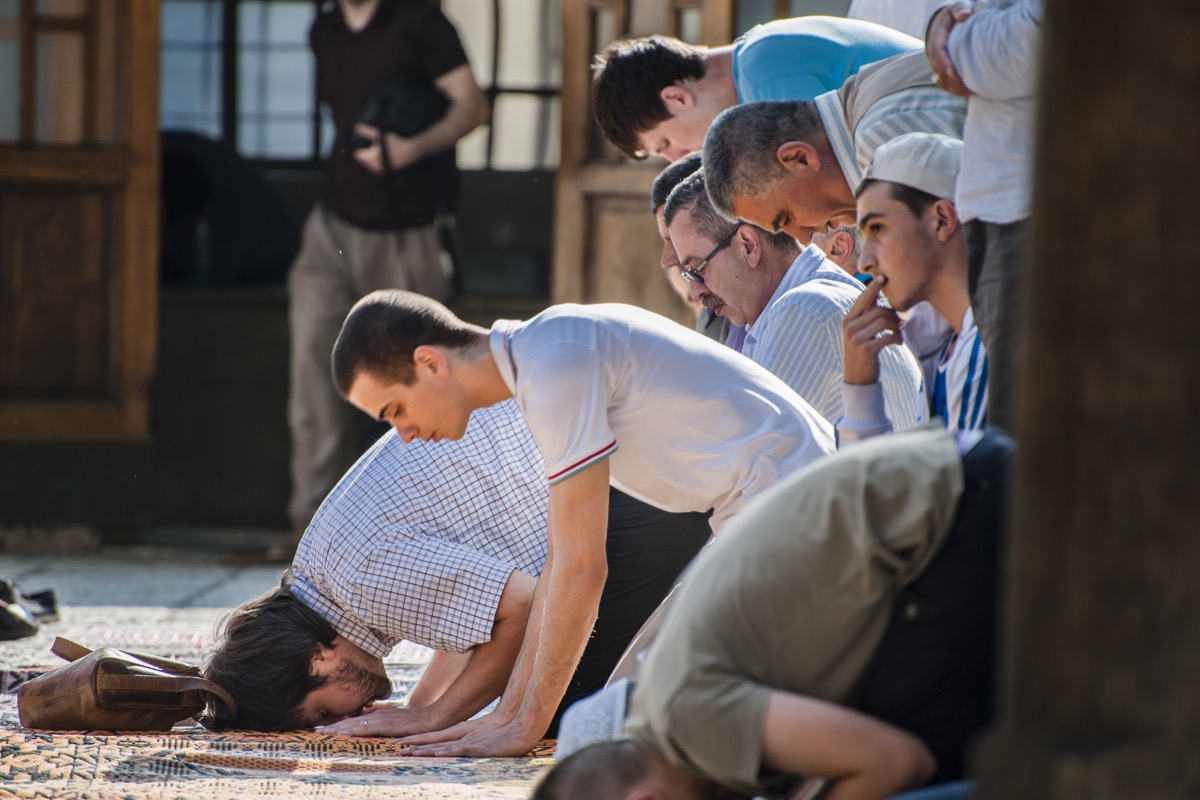
Fasting hours are determined by when the sun rises and sets, so Muslims fasting during summer months in the polar regions of the world observe longer hours. In 2020, for example, Muslims in Chile are fasting for 11.5 hours, but those in Norway are going 20 hours without sustenance, as Al Jazeera reports. For Muslim-Americans, the fast is 16 hours.
In places where there is no distinction between night and day, Muslims typically follow the schedule of the closest city where there is both dawn and sunset. They’re also given the option of following the times observed in Mecca, Saudi Arabia.
3
If you’re pregnant, you delay your fast.
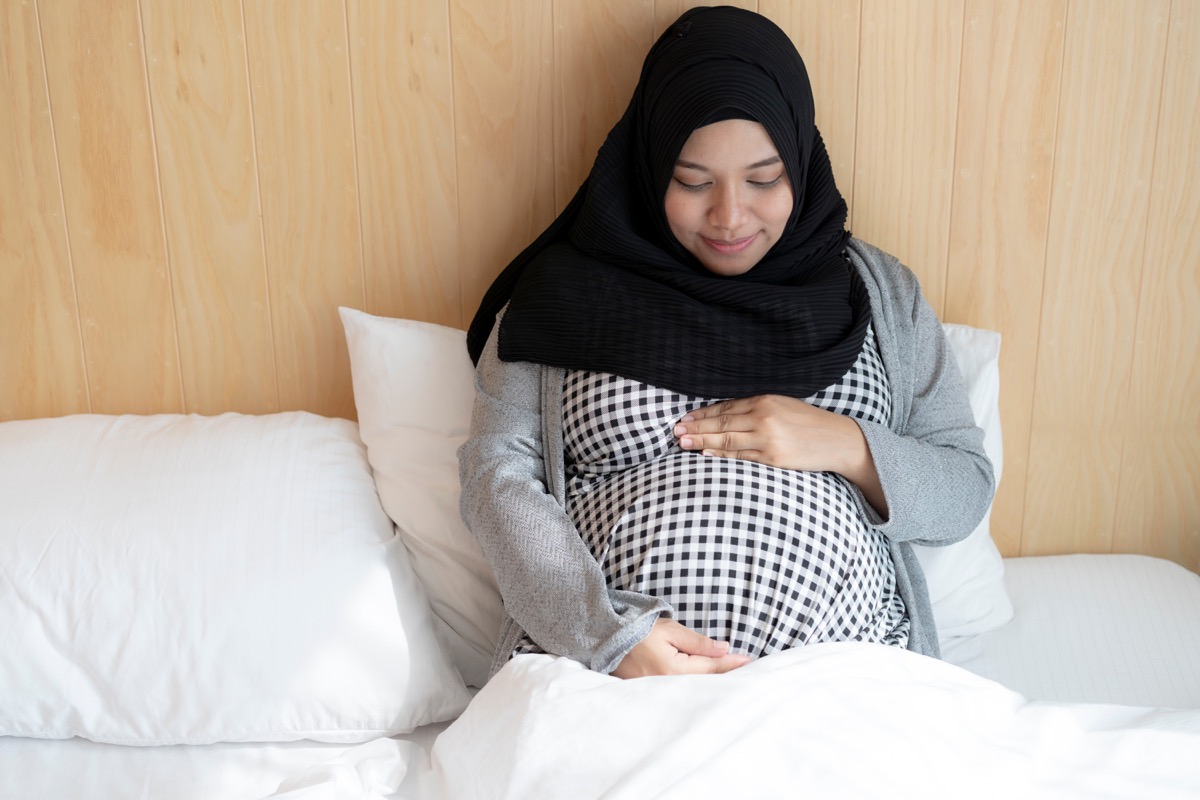
While most healthy adult Muslims are required to fast, there are some exceptions. Women who are menstruating, for instance, are exempt from fasting. Women with postpartum bleeding and vomiting are also exempt from the fast.
Fasting is also generally not advised for those whose health may be negatively affected by it, like the chronically ill, the elderly, those breastfeeding, and young children. However, these missed fasts are supposed to be made up once the people in question are well enough to forego food.
4
Muslims eat a pre-dawn meal each day before they begin their fast.
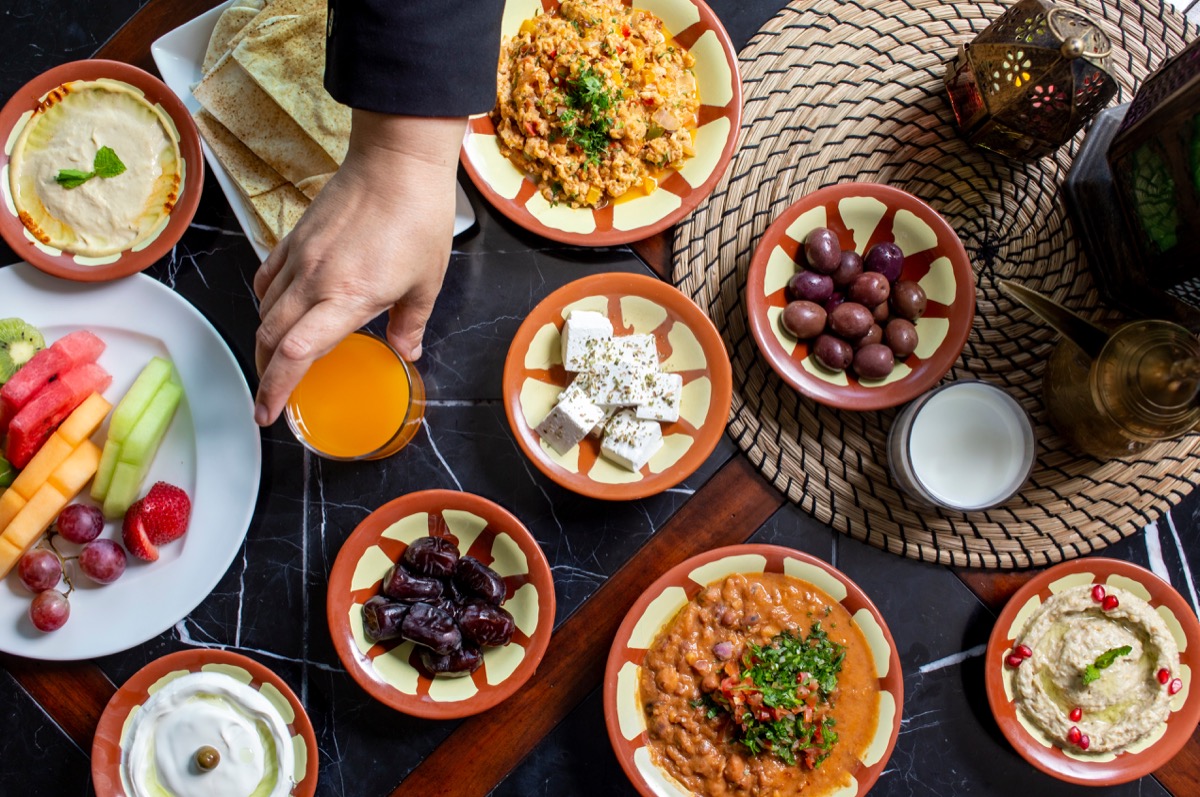
During Ramadan, Muslims rise before the sun to eat a meal called suhoor or sehri (among other names) that will sustain them throughout their many hours of fasting. But when fajr, which is the first of up to five daily Islamic prayers, arrives, Muslims stop eating to pray and begin their fast for the day.
In some parts of the Muslim world, a person—called Al-Mussaher in Syria and Musaharati in Egypt—will even walk up and down the streets of a city, waking up sleeping families for the pre-dawn meal.
5
Muslims tend to first have a date to break fast.
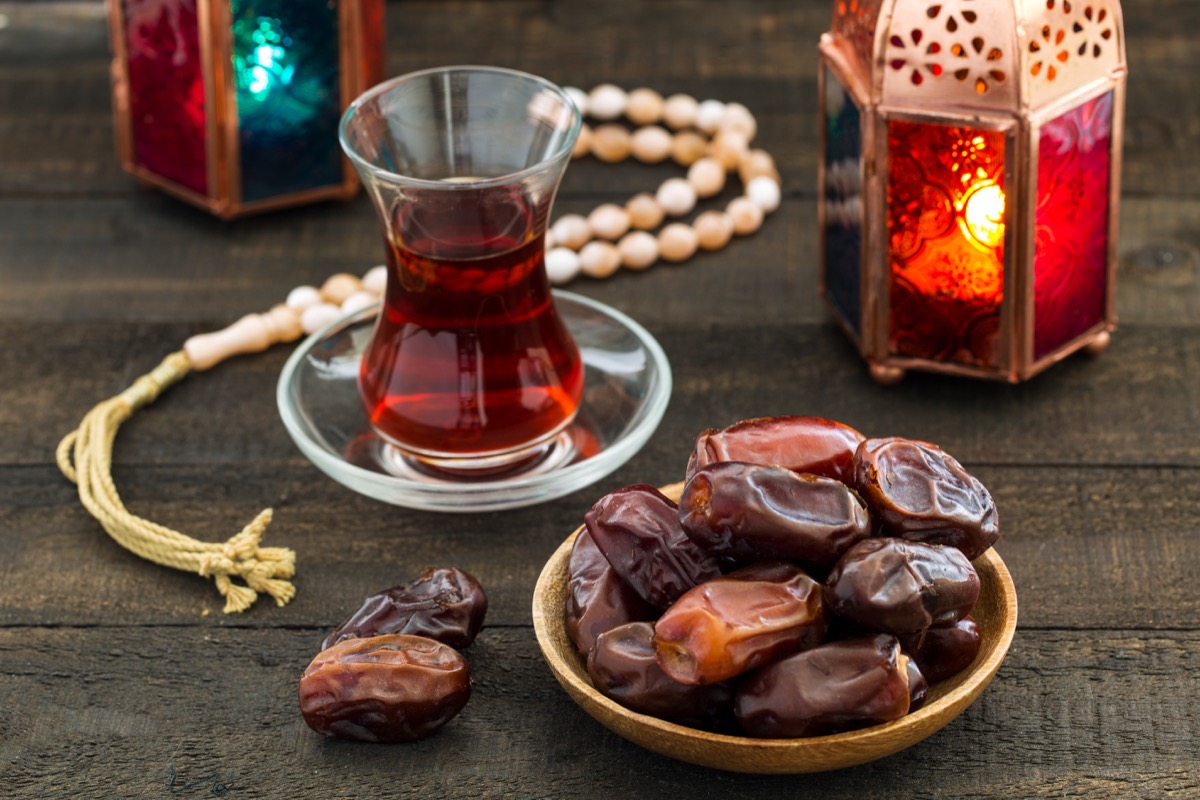
Dates are the punchline of all Muslim dating jokes. That’s because, during Ramadan, you’re guaranteed 30 of them. Throughout the world, Muslims traditionally break their fasts with a date, as advised by the Prophet Muhammad. Street vendors in Muslim countries sometimes even name their best dates after politicians and celebrities, from former U.S. President Barack Obama to Lebanese armed resistance group Hezbollah.
6
The fast is broken with a staple meal that differs by country.
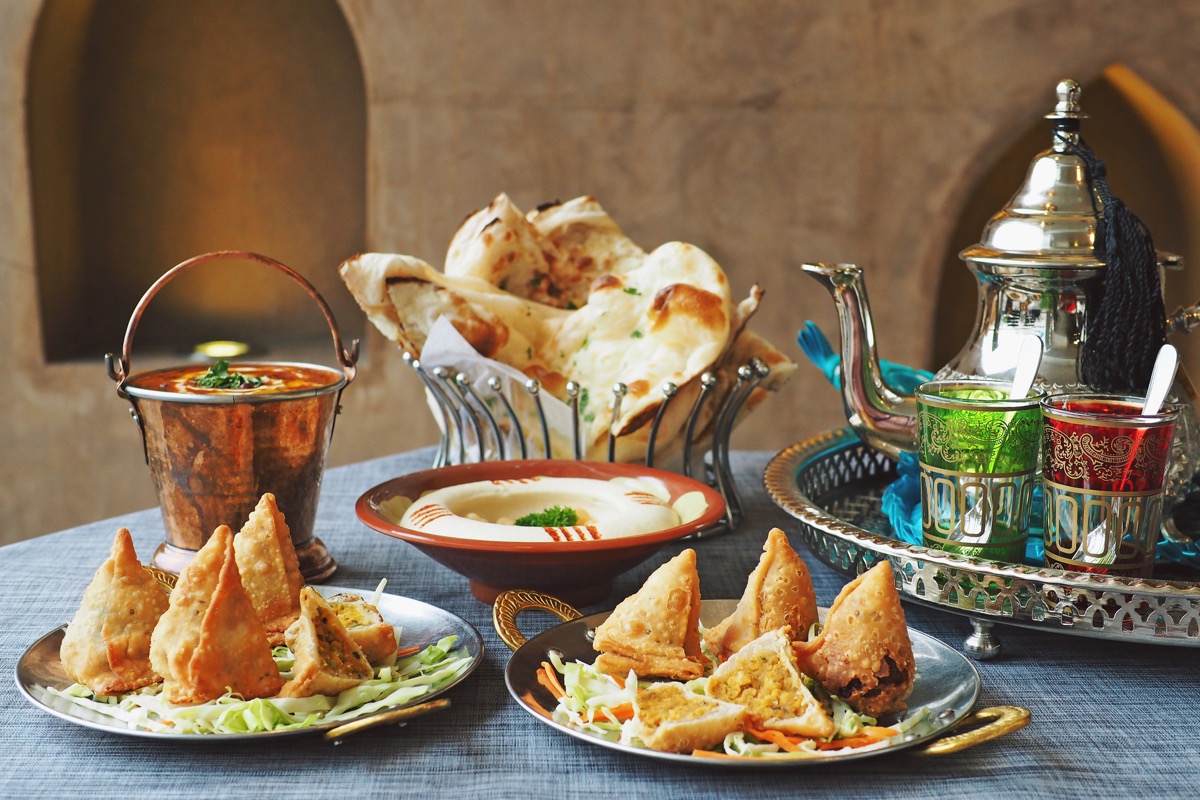
Dates aside, what you eat for the rest of your sacred break-fast meal—called iftaar—depends on where you live. In India and Pakistan, for instance, fried foods like samosas and pakoras and a fruit salad called fruit chaat are considered typical Ramadan food.
Meanwhile, fattoush, a salad made of vegetables and pita, is commonly eaten in Egypt, and Indonesians eat kolak, a fruit dessert made from palm sugar, coconut milk, and pandanus leaf. A few countries over, a Lebanese iftaar will feature a number of main dishes like molokhia, a chicken stew, and mehshi koussa ablama, a stuffed zucchini. And for another holiday to learn more about, check out 17 Fascinating Facts About the Jewish New Year.
7
Usually, mosques offer free break-fast meals.
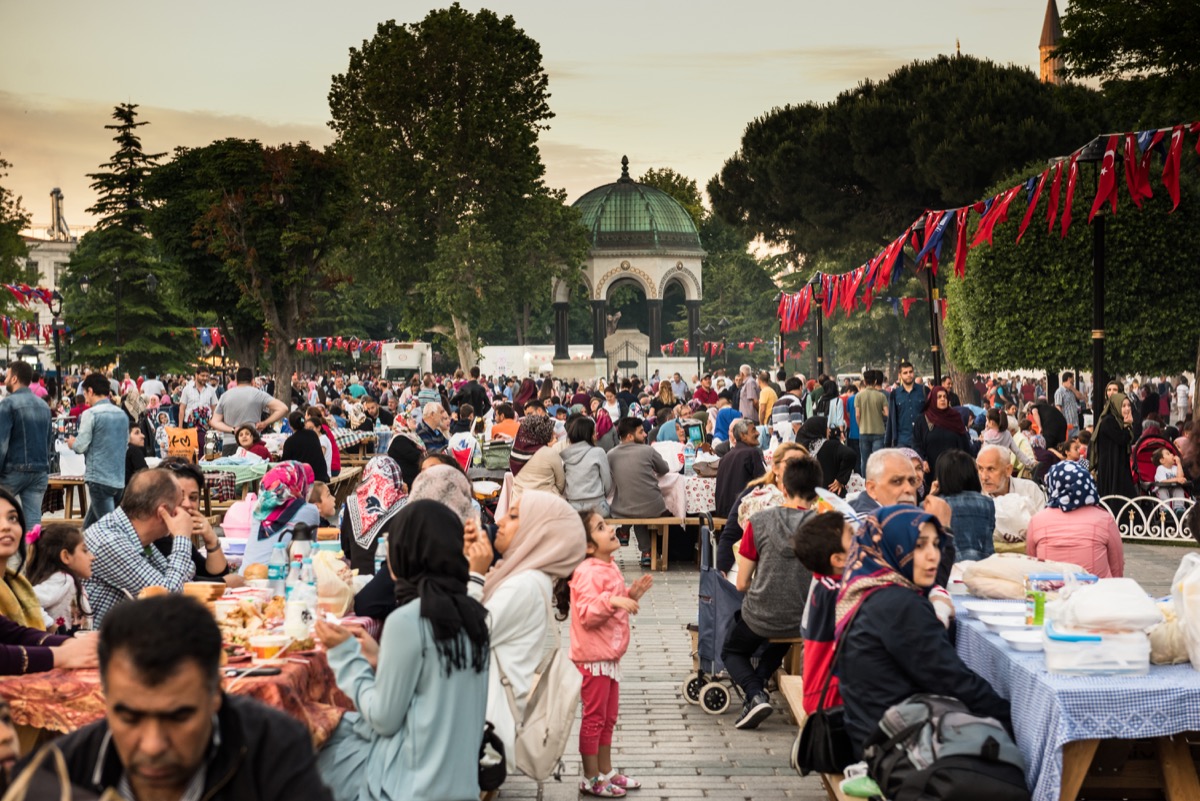
Mosques around the world are typically packed during Ramadan, teeming with the usual attendees alongside others who stop by only during this particular month. Of course, due to coronavirus, Ramadan looks very different this year. In the U.K., the Muslim Council of Britain warned people to celebrate virtually in order to maintain social-distancing measures.
8
In parts of the Muslim world, businesses are closed during fasting hours.
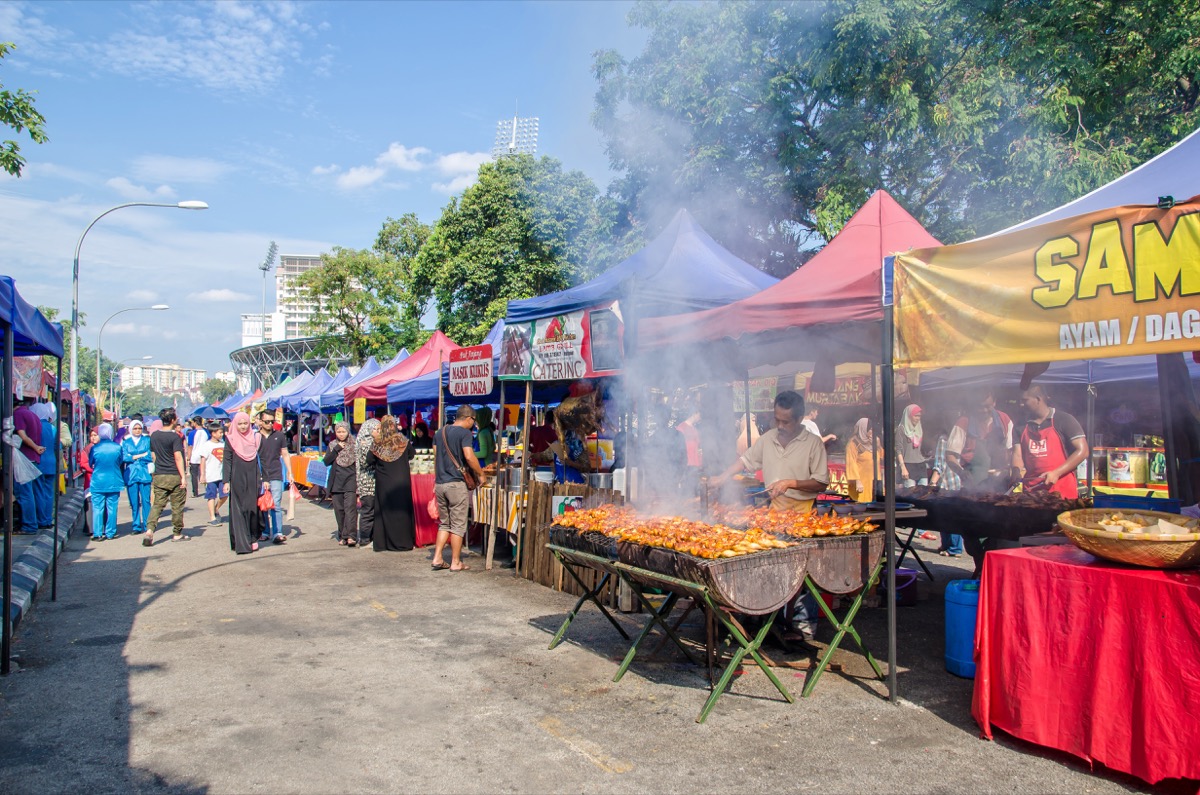
During Ramadan, restaurants, malls, and cinemas are often closed everywhere from Oman to the United Arab Emirates. Of course, that’s only become more widespread due to COVID-19.
Even in typical years though, employees’ working hours are also reduced and the cities are all but deserted during the day. In the evenings, however, everything springs back to life usually. Inside bustling Ramandan bazaars, vendors sell all sorts of food, clothing, and other trinkets. Cafes, including hookah bars, are also packed with people looking to socialize after a tough day of fasting.
9
In some countries, eating in public during Ramadan is banned.

Gulf countries like Saudi Arabia, Kuwait, and Qatar have legislation banning eating in public and forbidding restaurants and other establishments from serving food and drinks during the fasting hours of Ramadan. In countries like Egypt, where there is a sizable Christian population that doesn’t observe Ramadan, edicts like these have been met with backlash.
And while warnings may be issued, there is little leniency in some places like Dubai, where violations by Muslims especially are treated as a criminal act. In Pakistan, people can be even be imprisoned for breaking public eating laws. And for more laws you need to know about right now, check out 7 States Where You’re Breaking the Law if You Don’t Wear a Face Mask.
10
The timing of Ramadan dates back to the origins of the Qu’ran.
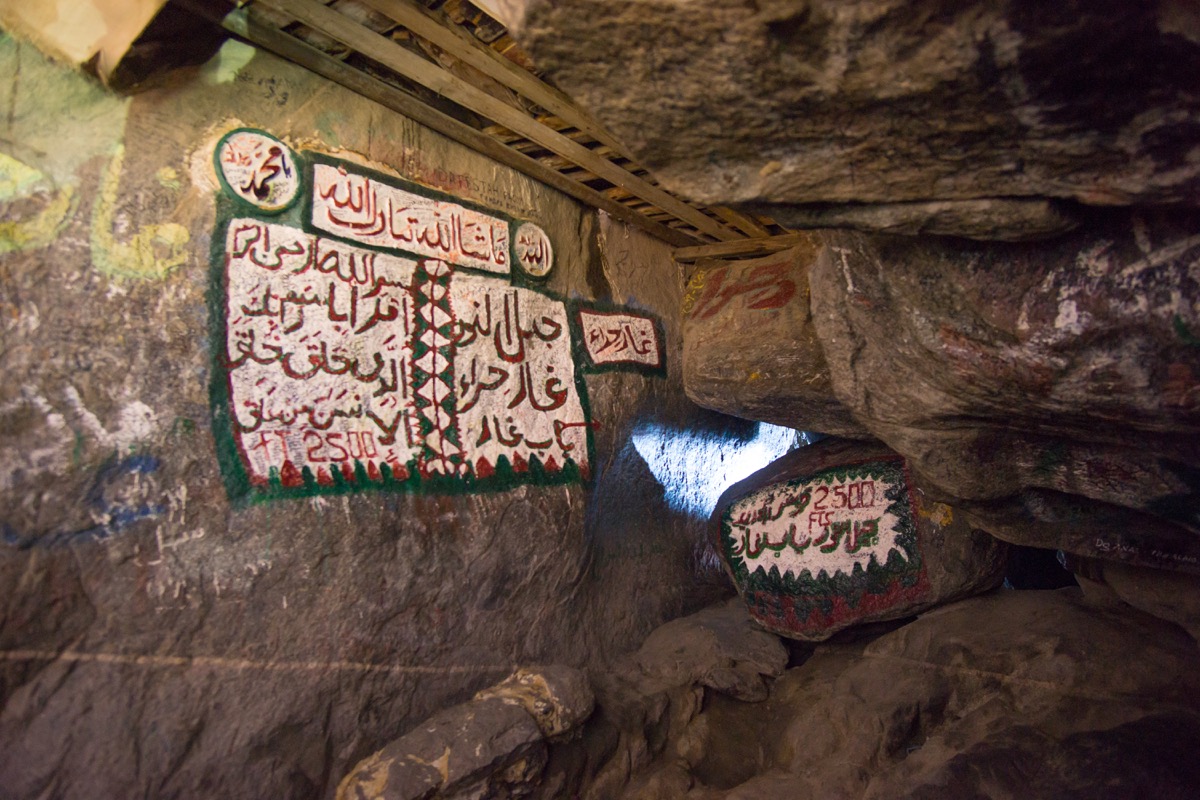
The timing of Ramadan is determined by a moon sighting and it begins each year on the ninth month of the Islamic calendar, which was April 23 for 2020.
Ramadan is a celebration of the time when the first few verses of the Islamic holy book, the Qu’ran, were revealed to the Prophet Muhammad by God. As the story goes, Muhammad was visited by the angel Gabriel, who demanded that he read the first few verses of the revelations. Muhammad told Gabriel that he didn’t know how to read, but the angel commanded him forcefully several more times until Muhammad was convinced that the revelations were from God.
11
It is believed that the devil is locked away during the holy month.
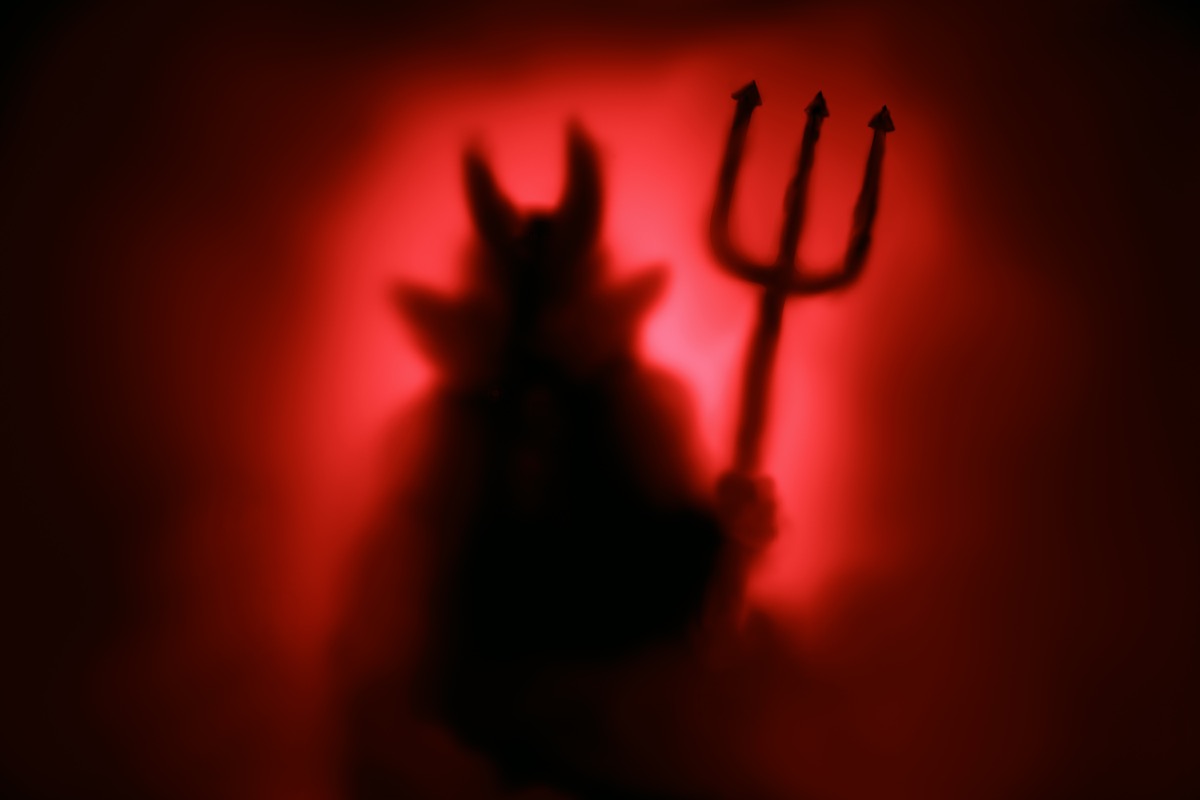
According to Islamic beliefs, the devil, or shayateen, is locked away in chains during the month of Ramadan, freeing Muslims from the burden of what are considered to be sinful temptations.
The Prophet Muhammad is believed to have said, “When the month of Ramadan starts, the gates of heaven are opened and the gates of hell are closed and the devils are chained.” And since it is believed that the devil is locked way for these 30 days, Muslims are warned by Islamic scholars that committing sins during this month is more significant than during any other time of the year.
12
A number of historic events have happened during Ramadans past.
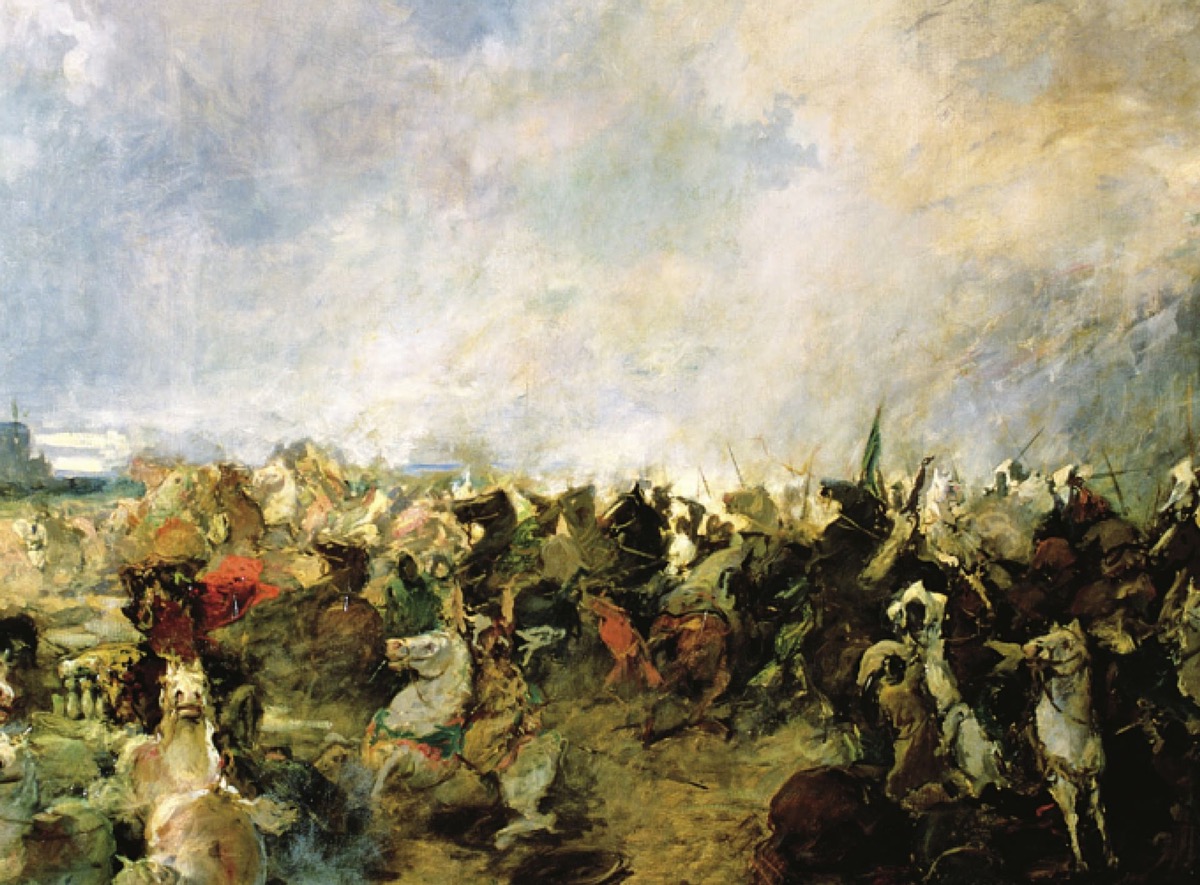
Several historic events have taken place during the month of Ramadan. For instance, the Battle of Guadalete in the year 711 A.D., which occurred during the month of Ramadan, was the catalyst for the brief period of Muslim governance in what is now Spain and the majority of France. The conquest of Mecca, led by the Prophet Muhammad, also took place during the month of Ramadan in what people believe to be either 629 or 630 A.D. Today, Muslims face towards Mecca when reciting their daily prayers, the literal epicenter of the Islamic faith. And for more overlapping historical events, check out 30 Major Events That Also Happened on July Fourth.
13
The end of Ramadan culminates in a three-day celebration.
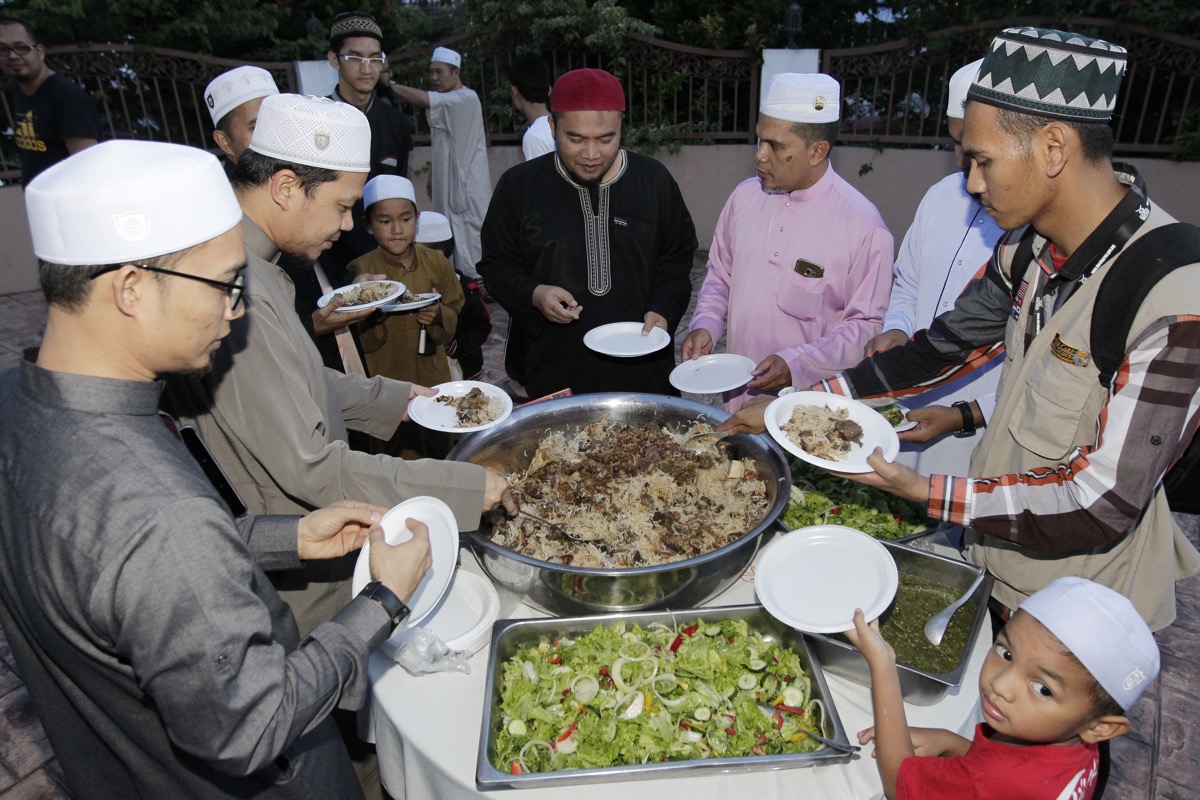
Muslims around the world round off Ramadan with the Festival of the Breaking of the Fast called eid al-fitr. While traditions for eid—as it is colloquially called—vary by country and culture, is it commonplace for gifts to be exchanged, meals to be shared, and new attire to be bought as friends and families gather in homes and mosques. In Muslim countries, the day is a public holiday, ensuring everyone has the time off to celebrate. Again, eid celebrations will look different this year, with probably quite a few more Zoom celebrations instead of in-person gatherings.
14
Ramadan traditions vary between different sects of Islam.
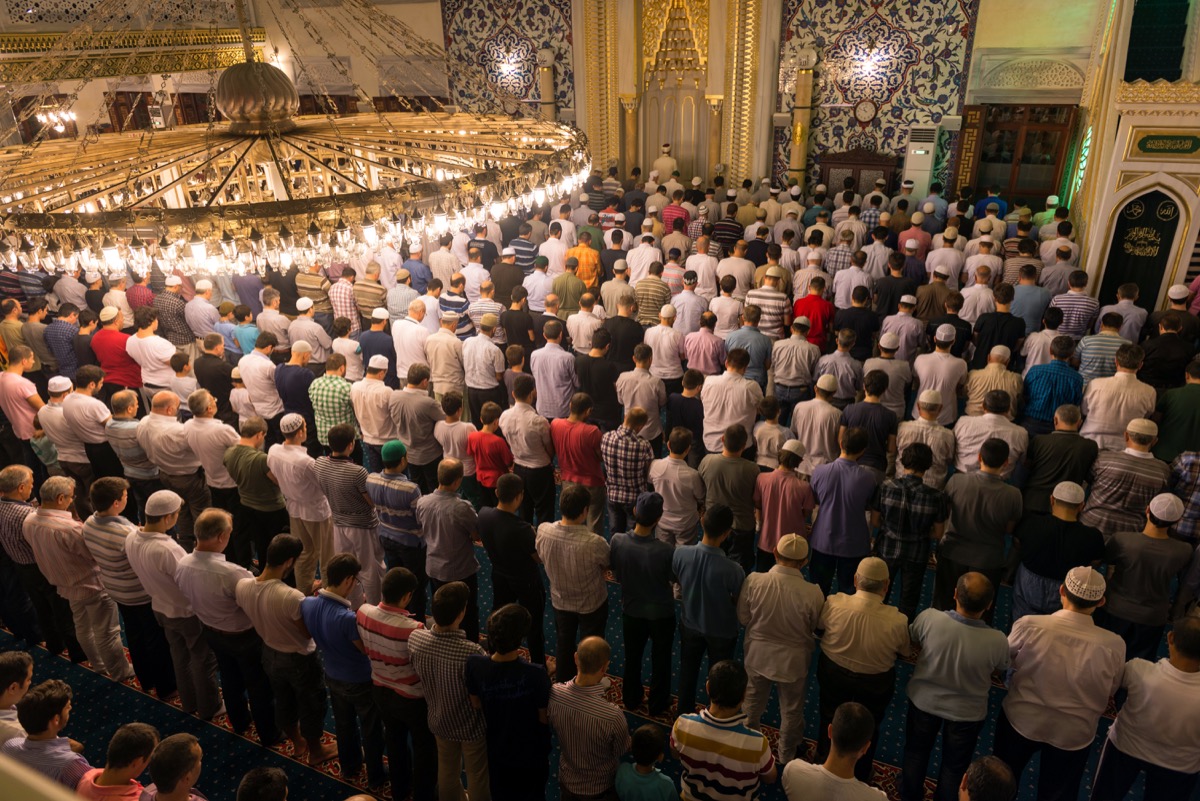
While all Muslims typically observe Ramadan in the same way, there are some small differences depending on a person’s sect.
For Sunni Muslims, for instance, the month of Ramadan has a special set of nightly prayers called tarawih. Sunni Muslims typically pray tarawih in congregation at the mosque, where the imam, or Muslim leader, will attempt to complete a verbal recitation of the entire Qu’ran throughout the month.
Shia Muslims, on the other hand, have an additional holiday during the month that commemorates the martyrdom of Ali ibn Abi Talib, an important leader of the sect. The 19th, 20th, and 21st days of Ramadan are set aside for this commemoration.
15
Even some professional athletes fast during Ramadan.
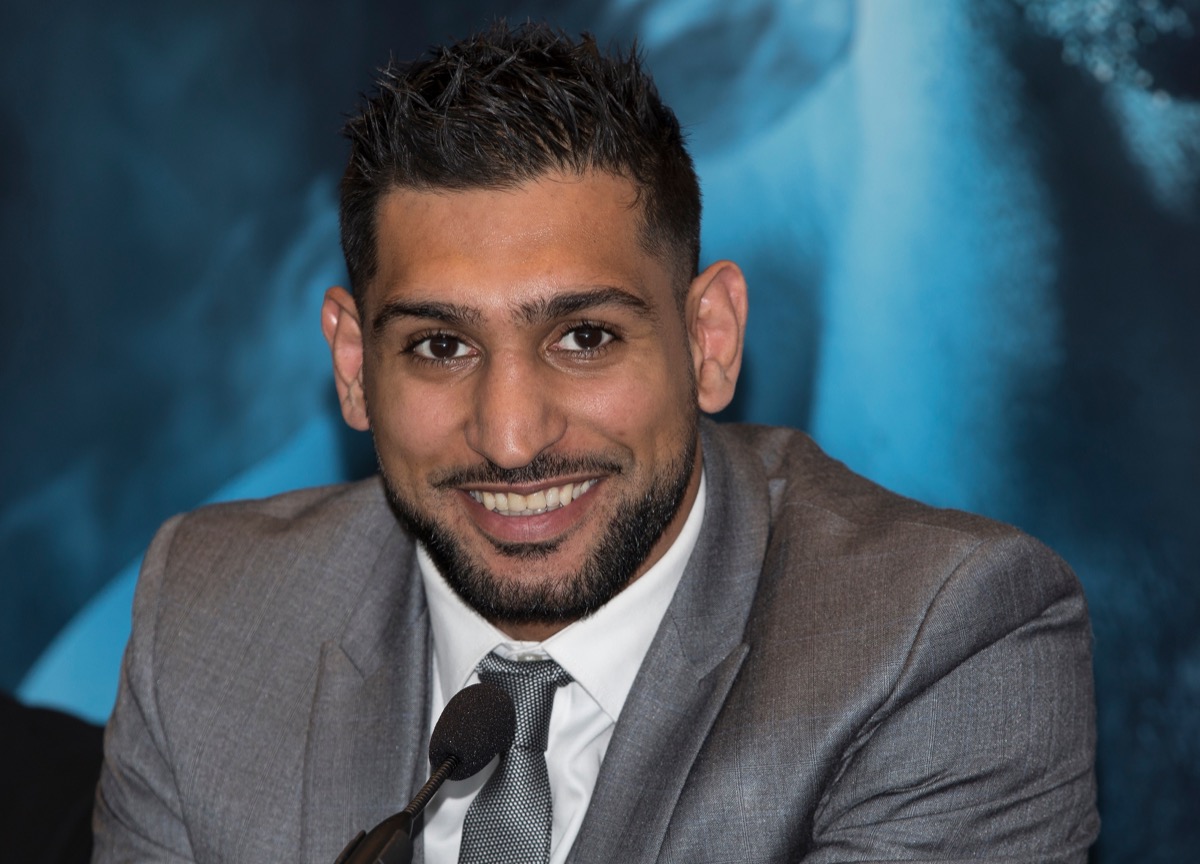
Muslim athletes—including British boxer Amir Khan and Olympian fencer Ibtihaj Muhammad—still participate in fasting during Ramadan, despite their strenuous training schedules. So how do they do it? Well, for Khan, it involves shifting his workouts to the middle of the night in order to avoid fasting hours, as he explained to the BBC. And Muhammad told HuffPost that she prioritizes her diet to ensure she has sustained energy throughout the day.
Still, many Muslim athletes forgo fasting altogether, especially if they’re competing internationally. Islamic scholars tend to agree that those traveling are exempt from having to fast, so long as they make up the missed fasts later in the year. And for some lesser known sports heroes, check out these 12 Famous Actors You Forgot Were Once Amazing Athletes.